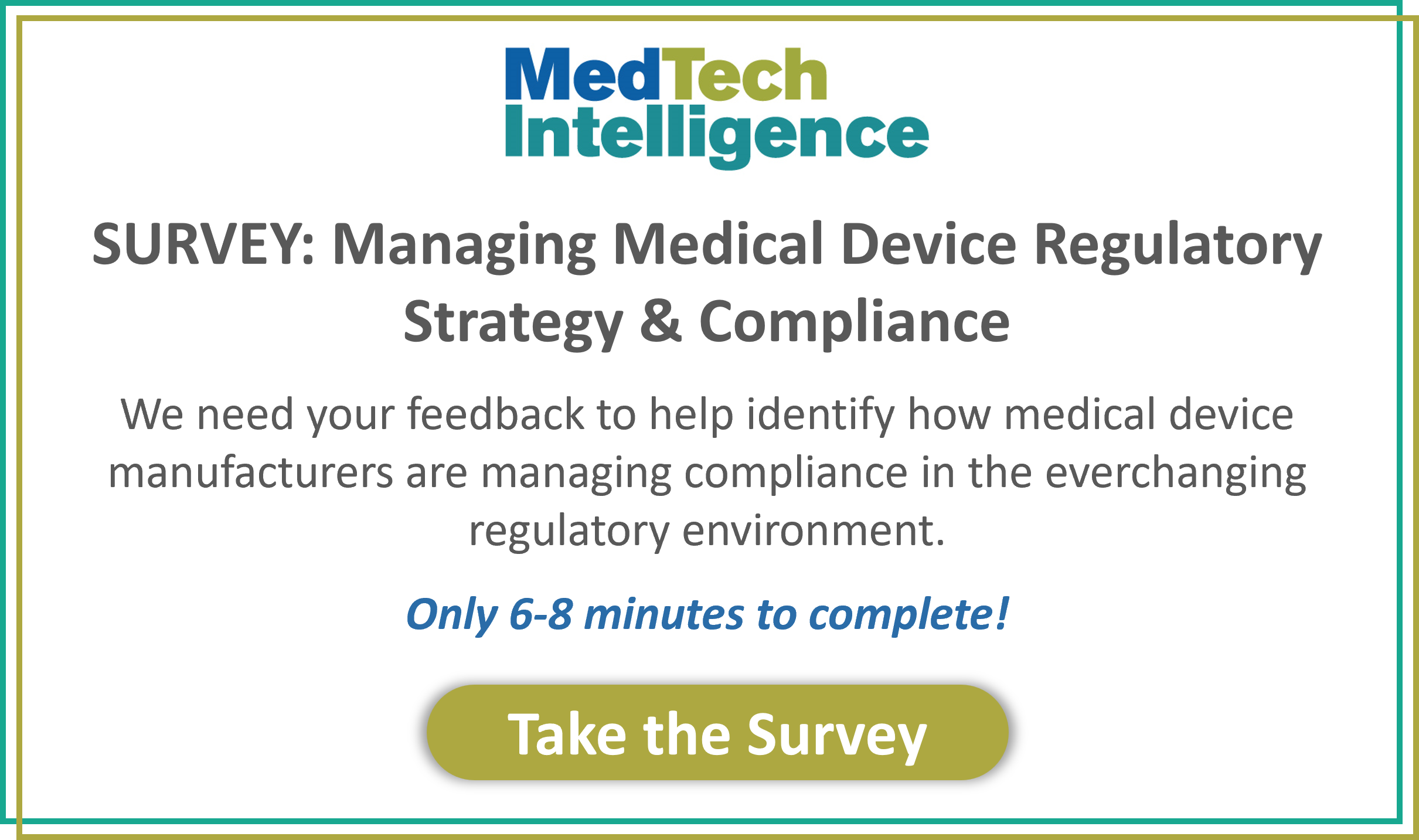Smart hospitals are working to provide patients with more personalized care and a safer hospital experience through technologies including artificial intelligence (AI), robotics and the Internet of Things (IoT). Following are five ways these hospitals of the future are harnessing the latest technologies.
Automated Patient Monitoring
Consistent monitoring is vital for high-quality patient care, whether patients are recovering from a major surgery or getting well at home. Smart hospitals use emerging technologies such as AI and the IoT to implement automated 24/7 patient monitoring. These technologies allow hospitals and care providers to ensure patient safety even when healthcare personnel are not present.
There are many different automated patient monitoring systems in development today. For example, researchers have applied AI computer vision algorithms to provide safety monitoring for dementia patients and elders. The algorithm processes live video footage from discrete cameras in real time. If the AI detects signs of falling, injury or distress, care providers and emergency services are automatically notified.
Systems like this allow smart hospitals and care providers to stay connected with patients even beyond the walls of the hospital building. Patients can live normal lives and recover in the comfort of home while allowing care providers to monitor their progress. Greater flexibility in the patient recovery process can go a long way toward ensuring patients get the care they need before and after they get to the hospital.
Robot-Assisted Surgeries
The first robotic surgery was completed in 1996, but the technology has grown to become the new industry standard. Recent advances have made surgical robots more reliable, intelligent and capable.
Research has shown robot-assisted surgeries result in fewer complications, less pain, smaller scars and quicker recovery. The surgeon’s thorough education and experience provide the knowledge to guide surgeries, while the robot’s precise, delicately programmed movements ensure physical success.
Surgical robots often act as an extension of the doctor. For example, surgeons can use smaller incisions and a robotic probe to view the interior of the patient’s body. This type of tech-powered surgery is less invasive, which makes recovery smoother and more comfortable.
Additionally, smart hospitals may soon be able to use surgical robots to give patients access to a greater variety of procedures. Technologies such as AI, soft robotics and 5G are expanding the capabilities of surgical robots. In the near future, a surgeon might be able to use robots to perform surgery remotely. This means patients could get care from any doctor in the world without needing to travel to another country.
Safer Medical Equipment
Advances in technology are making medical equipment safer and more intelligent. For example, imaging equipment now has sharper cameras and more powerful sensors to give doctors and patients clearer results. Software upgrades provide faster connectivity and stronger cybersecurity capabilities.
Equipment manufacturers are also using advanced testing methods to improve safety and performance in medical equipment. For instance, time and frequency domain analyses can reveal important vibration data, highlighting possible safety and structural issues in equipment. Tests like these ensure every new piece of medical equipment is of the highest quality possible.
Improved Cybersecurity
Cybersecurity is a crucial part of ensuring patient safety and well-being in an era of connected devices and electronic medical records. In recent years, hackers have increasingly targeted healthcare organizations in cyber attacks. These incidents don’t just take a hospital’s network offline for a few hours, they can compromise the health and safety of hundreds of people.
Smart hospitals use the most advanced security technology available to detect, stop and prevent cyber attacks. For example, AI-enabled technologies can monitor hospitals’ networks around the clock. If the AI detects any unusual activity, it flags security personnel immediately. AI’s pattern recognition capabilities are particularly adept at recognizing unusual network behavior, such as odd login attempts or suspicious file access requests.
Today, secure care extends beyond the walls of the hospital. More and more medical services are shifting to remote delivery, which is often more convenient for patients. By delivering this remote care through the cloud, smart hospitals can ensure patients get the data and information they need without compromising security.
In addition, the cloud allows for the storage of large amounts of data and provides redundancy that can be invaluable in the event of a cyber attack. Data stored in the cloud is not in one exclusive location but in numerous data center hubs. As a result, it is much more difficult for hackers to steal or delete any hospital’s data when it’s stored in the cloud.
Data-Driven Diagnoses
Smart hospitals are also using AI to improve the speed and accuracy of diagnoses and treatment plans. AI excels at data analysis and pattern recognition, which can help providers identify trends in a patient’s medical history.
Early detection of medical conditions can save lives and ensure patients get the best care possible. One example of this is a machine learning model Google is developing that can detect signs of life-threatening illnesses such as heart disease.
In addition to aiding in the diagnosis process, AI can help care providers analyze medical images including X-rays, MRIs or CT scans. With AI image processing, doctors can get a purely data-driven look at a patient’s imaging results. In this case, the AI acts as a consultant, revealing insights doctors may have missed.
Smart hospitals are revolutionizing health care by taking the lead on incorporating cutting-edge technology to deliver safer, more efficient, and more personalized care. As these technologies become more accessible and proven, they are likely to become a new standard of care.








